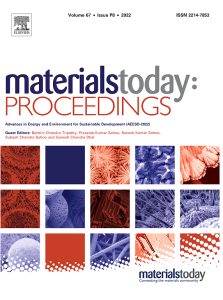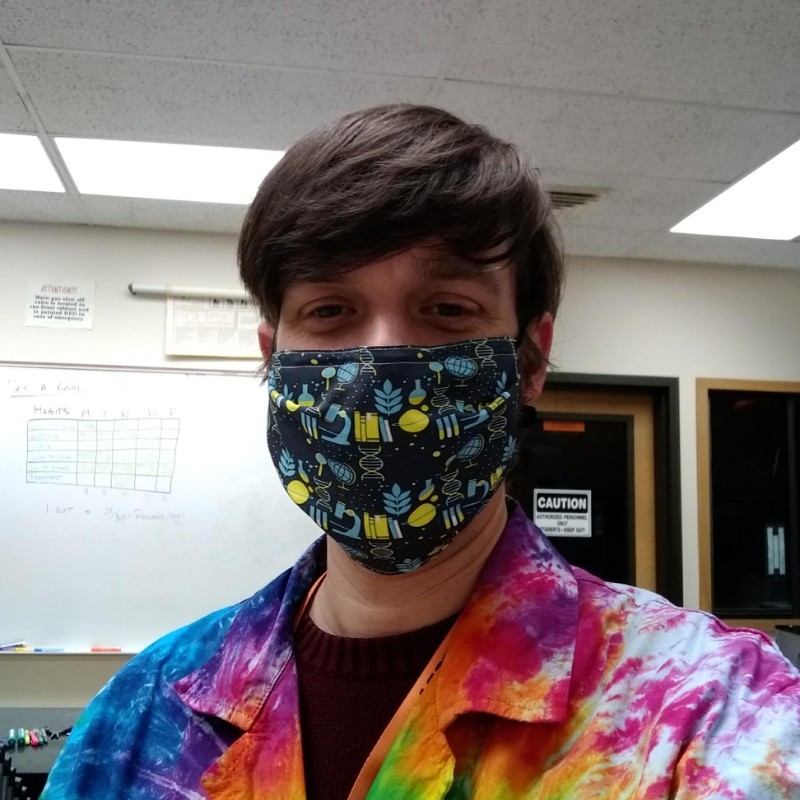A few years ago, funding for the UCLA pathology lab where Janina Jiang had worked since 2010 was running out.
The head of the lab was grateful when another scientist offered to chip in $50,000 to keep Jiang on for six more months.
But some of the experiments Jiang – perhaps feeling that her job was on the line, a colleague speculated – ran for that scientist raised suspicions. Other experiments didn’t corroborate her results, and Jiang failed to provide all her raw data.
Jiang’s benefactor asked another staff scientist to review and reanalyze her work.
What he found spurred an institutional investigation, which in July 2021 found Jiang faked data representing flow cytometry experiments in several figures included in 11 grant proposals, resulting in 19 counts of research misconduct.
Continue reading Exclusive: UCLA found a longtime researcher faked data – but made a strange mistake in its report








